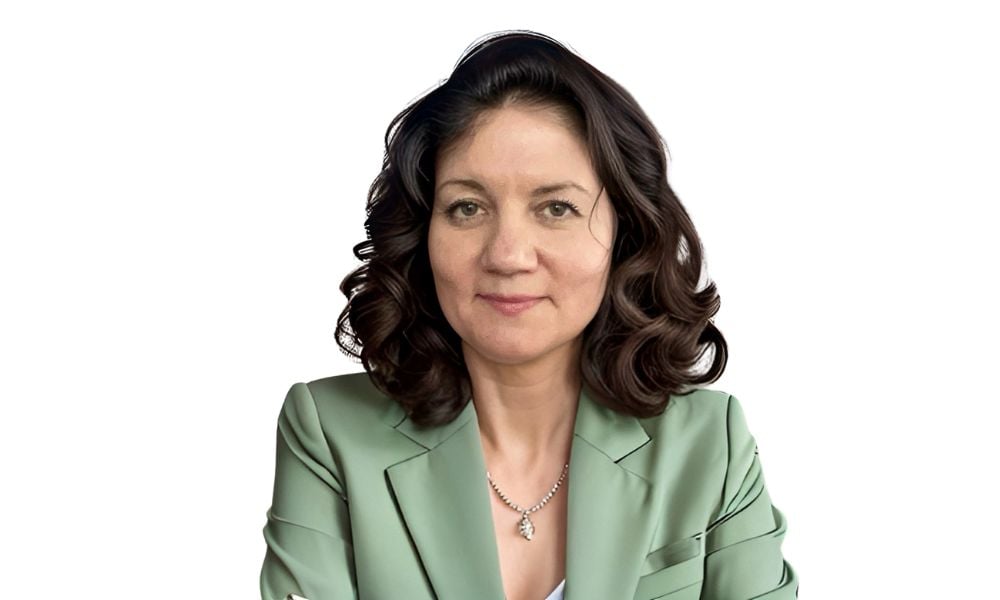
'Now it's getting harder and harder to find and retain top talent,' says HRD at telecom provider

With tightening job markets set to dominate 2024, recruitment teams are being pushed to their limits. Elena Bobyreva, the HR director at telecom provider Glentel, tells HRD that the times have changed – and to keep retail employees companies need a savvy compensation structure – not empty promises.
That’s something easier said than done in the economic downturn.
"A few years ago, when employees left organizations, recruitment could fill vacancies within a reasonable amount of time,” says Bobyreva. “Now it's getting harder and harder to find and retain top talent.”
Talent management and succession planning, according to Bobyreva, present their own set of challenges. Her advice to organizations is to have potential candidates inside and outside the organization ready for when the time to step up is right.
The organic approach to talent management is something that many organizations are now tapping into. According to data from Sumtotal, upskilling and reskilling are the top priorities of nearly 60% of L&D professionals – with specific workforce training programs focused on soft skill delivering a staggering 350% return on investment.
According to Bobyreva, retaining high-potential employees is another hurdle, as the lack of promotion opportunities can present flight risks. Short-term focus, addressing current skill gaps without considering emerging skills, is similarly another worrying pitfall among employers.
"One challenge is that there can be a lack of suitable candidates for key critical roles," Bobyreva says. “Another issue is retaining high potential; even if you have identified star employees, if they are ready now for promotion, but there's no vacancy for them to move up, then they become a flight risk.”
Operating in the fast-paced wireless retail sector, Glentel relies on the expertise of its sales associates. To achieve this, HR programs are designed with the end goal in mind—making sales staff more successful, efficient, and engaged. Pulse checks, exit and new hire surveys, and frontline insights drive retention program adaptation to meet the evolving needs of the staff.
"For the success of Glentel, it's critical that our sales associates have expertise in the latest mobile products and deliver great customer service," Bobyreva says.
A notable shift in Glentel's Diversity, Equity, and Inclusion program reflects the changing dynamics. Bobyreva highlights the transformation from a previously HR-led initiative to one steered by sales leaders representing the diverse communities. This turn has made the DEI strategy more pragmatic, business-focused, and closely aligned with operational leaders at the highest levels of the organization, she says.
And Bobyreva is certainly not alone in this DEI-centric push. According to data from Workday and Sapio Research, over three in four companies now have a budget for DEI initiatives, with 59% set to increase their DEI investments in the next few years.
Innovative approaches also play a role in Glentel's HR practices – in particular, their engagement with data science students from universities like UBC stands out. These students analyze qualitative data collected as part of Glentel's voice of employee program, automating the analysis of large datasets and providing valuable insights.
“It's easy to understand quantitative metrics,” says Bobyreva. “You take a look at the graph and you interpret it – but analysis of thousands of qualitative responses to open-ended questions is laborious and difficult to manage. The models that students built for us help us to automate analysis of these large datasets and draw key conclusions about how applicants, current and former employees feel about Glentel. We then take steps based on these insights and measure the success of our retention programs in both quantitative and qualitative ways.
“We’ve built an HR dashboard to display to all sales leaders based on their levels, how their units are performing from HR perspectives and it helps them to monitor engagement productivity of their units.”
And for Bobyreva, this development doesn’t just end at work – she’s committed to self-fulfillment through meaningful external work.
“All of my roles outside of work are aligned to my role - they make me a better HR professional and an HR leader,” she tells HRD. “Even those improv classes that I'm taking help me with communicating in my workplace. The podcast I record weekly helps me to stay in the know on what's happening in all areas of HR, in recruitment, labour relations, employment legislation, training, and any other HR topics.
“Moreover, it also allows my team to get inspiration from other top employers and implement relevant best practices at Glentel. As an HR instructor, I enjoy training a new cohort of HR professionals and also to observe how they my students select their specialization. So I see the emergence of new recruiters, payroll administrators, trainers or labor relations practitioners – and that’s really rewarding.”